The Hidden Factor of Low Performance
Source
Description
In this recorded webinar, Dr. Robert Balfanz from John Hopkins University presents work on the often overlooked prevalence of chronic absenteeism in low-performing schools and the role of chronic absenteeism in undermining school reform efforts.


